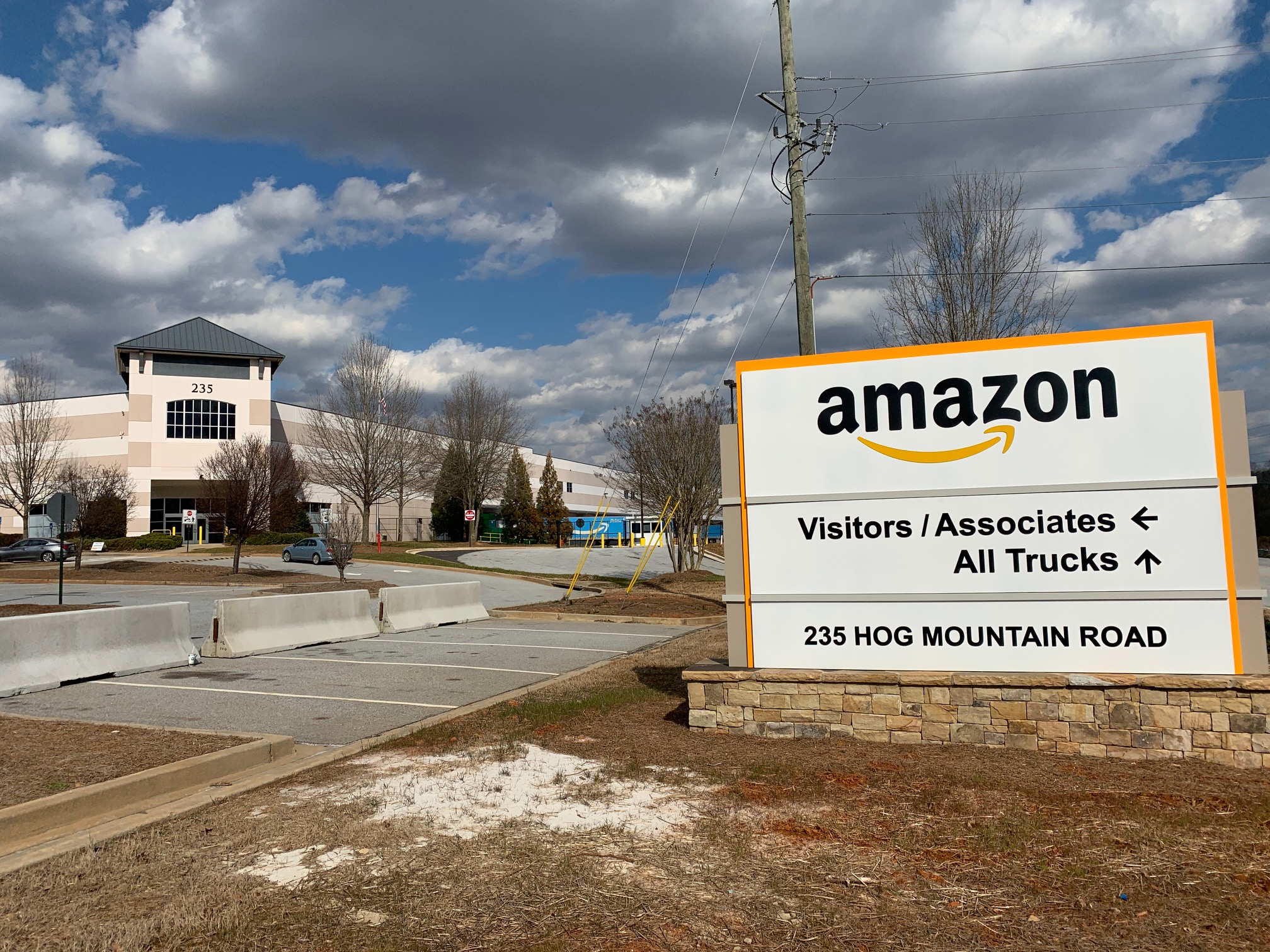Jackson County, a rural county in northeast Georgia, has experienced significant economic growth in the past few years thanks, in part, to e-commerce.
As online shopping continues to promise speedy shipping to its customers, companies such as Amazon, Whole Foods, and Bed, Bath & Beyond are setting up shop via distribution facilities all over the country, including Jackson County.
“We’ve had a lot of distribution centers set up because big brands are really trying to up their e-commerce game … with overnight shipping and one-night shipping,” said John Scott, director of economic development for Jackson County. “So it makes sense for these distribution centers be closer to where the people are.”
Increased development in Jackson County has created thousands of jobs. As a result, the county’s unemployment rate has decreased from its post-recession peak of 11.6 percent in June 2009 to 2.7 percent in December 2018, according to the U.S. Bureau of Labor Statistics (BLS).
Ben Justus recently moved to Jackson County to work as an area manager for one of three Amazon facilities, which opened in August. He said the company has a lot of plans to “raise the bar” of their facilities in Jackson County.
“Me and my coworkers feel that working here is more fulfilling because you do have that direct impact on the customer,” he said. “There’s a lot of really cool things planned for not just our site but Jackson County in general.”
More people are being hired in Jackson County, and at increasingly higher wages than in previous years. The average weekly wage has grown from a post-recession low of $598 to $752 in 2018, according to the BLS.
“To be competitive, companies have to pay at least $15 an hour minimum wage to even be considered a good job option,” Scott said. “And that’s going to continue to go up over time over the next few years before it stabilizes, in my opinion.”
More than 17,000 people commute into Jackson County each business day, Scott said, which has created other logistical challenges, such as traffic control and residential housing.
“There’s a lot of trucks on the road now, where there weren’t in the past, because the distribution centers and housing is pretty slow to grow to the point it was before the recession,” he said. “We’re just looking at ways that we can meet the need and adjust and grow accordingly.”
Charlotte Norsworthy is a senior in the Grady College of Journalism and Mass Communication.








